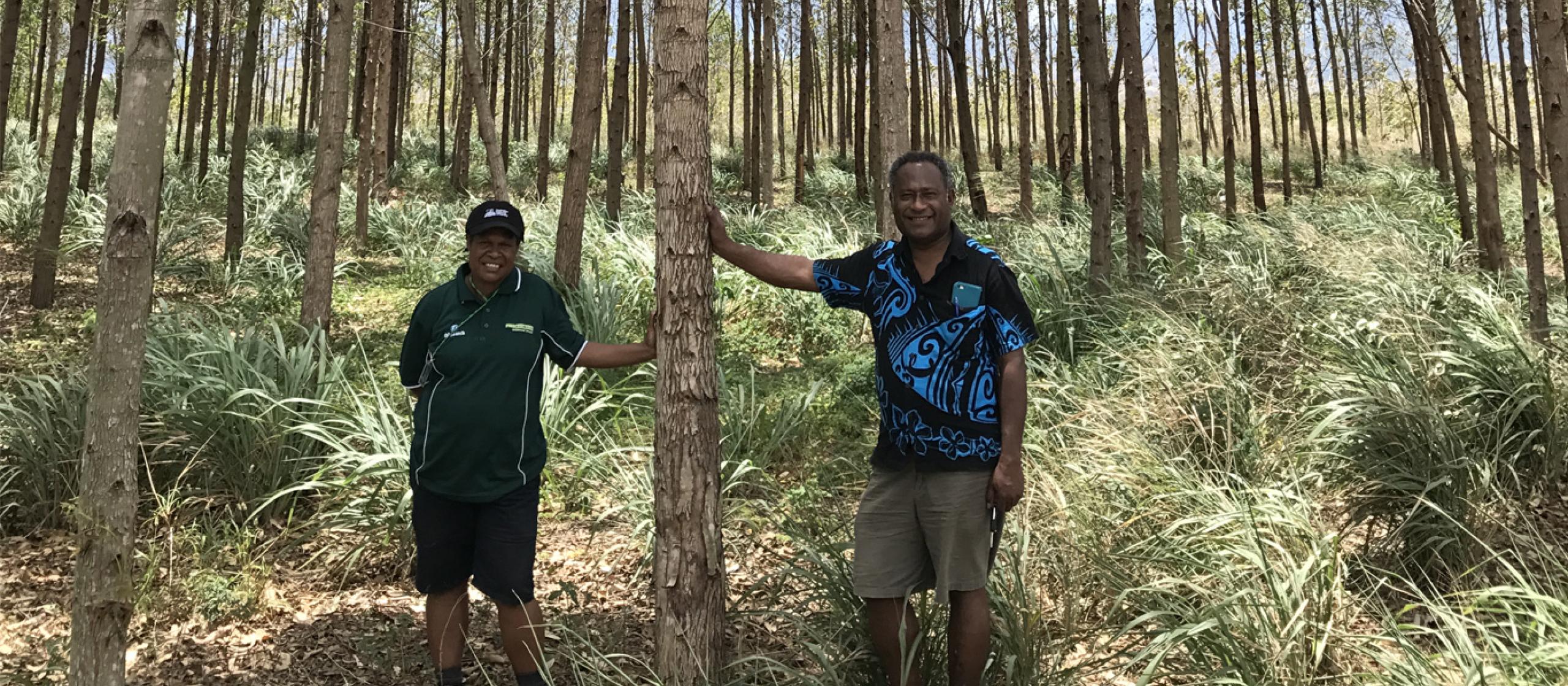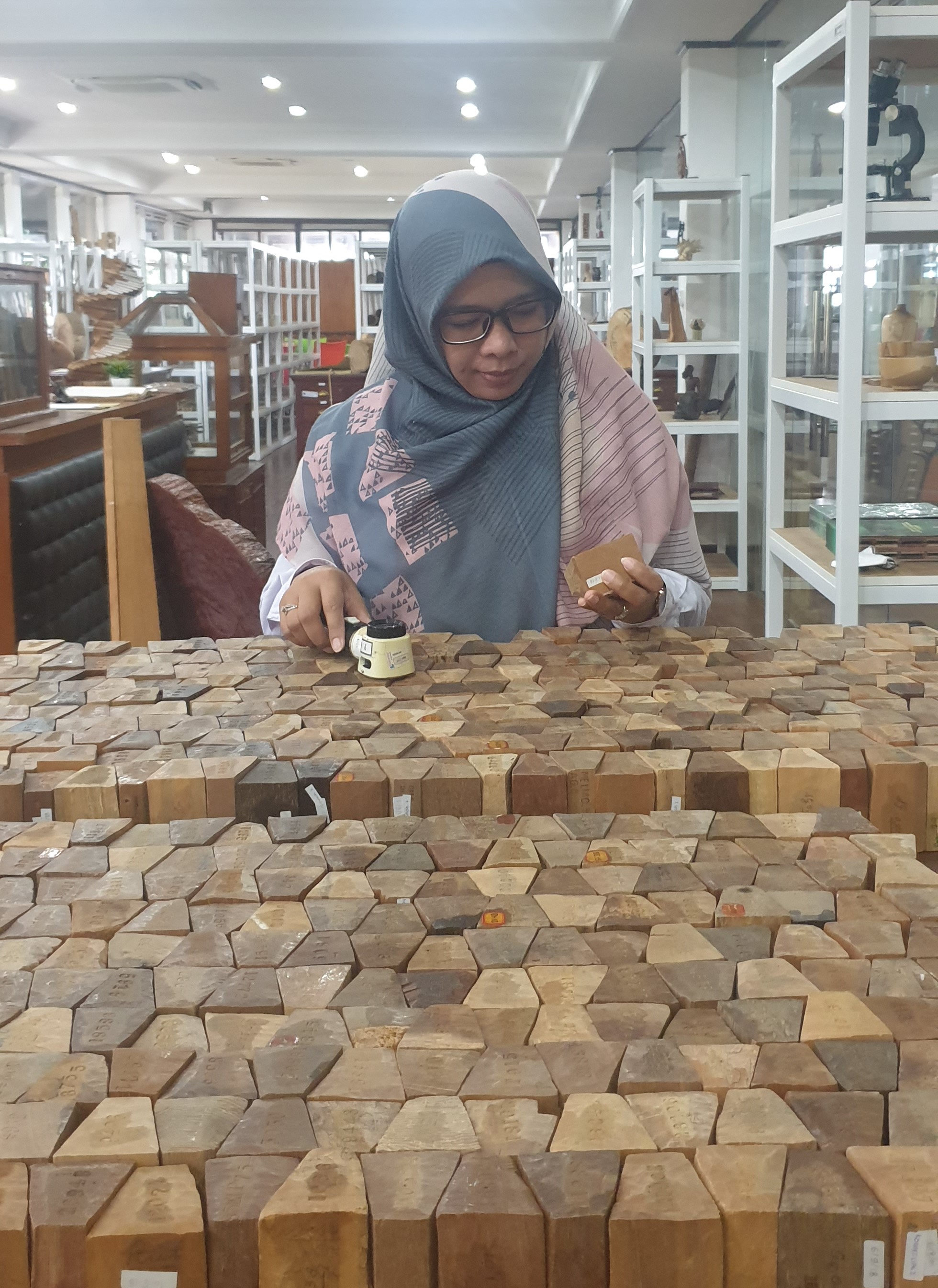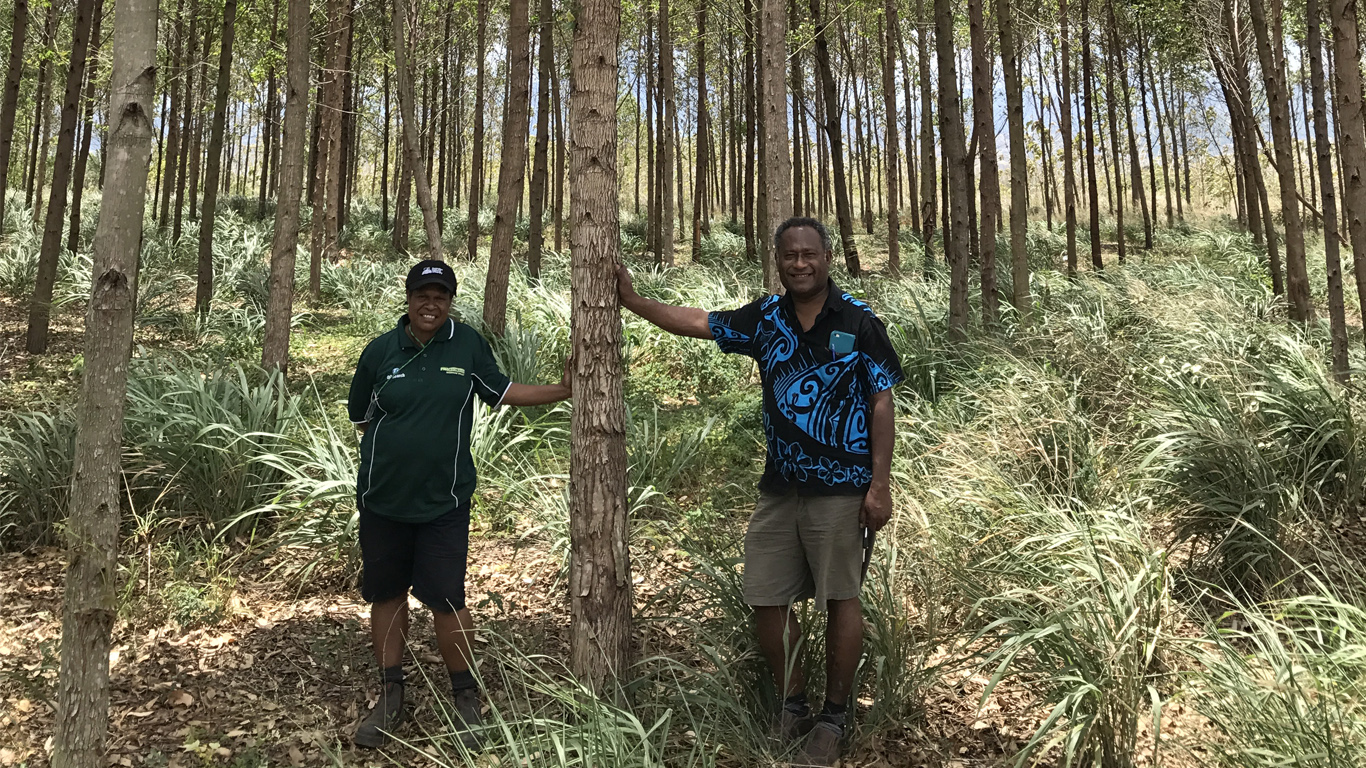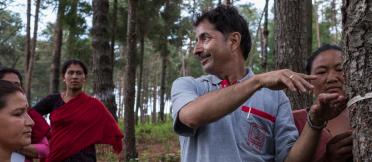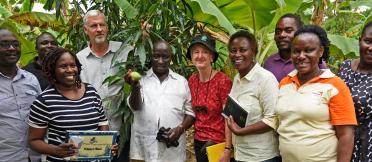- HomeHome
-
About ACIAR
- Our work
- Our people
-
Corporate information
- ACIAR Audit Committee
- Commission for International Agricultural Research
- Policy Advisory Council
- Agency reviews
- Executive remuneration disclosure
- Freedom of information (FOI)
- Gifts and benefits register
- Information publication scheme
- List of new agency files
- Contracts
- Legal services expenditure
- Privacy impact assessment register
- Commonwealth Child Safe Framework
- Benefits to Australia
- Careers
- 40 years of ACIAR
-
What we do
- Programs
- Cross-cutting areas
- Resources
- Where we work
-
Funding
- Research projects
- Fellowships
-
Scholarships
- John Allwright FellowshipScholarships to study in Australia for ACIAR partner country scientists to have Australian postgraduate qualifications
- ACIAR Pacific Agriculture Scholarships and Support and Climate Resilience Program
- Alumni Research Support Facility
- Publications
- News and Outreach
Date released
20 December 2021
ACIAR established the Fellowship in 1986 to offer overseas scientists who have worked on ACIAR research projects the opportunity to gain a Masters or PhD qualification at an Australian tertiary institution.
The program is administered through the Australian Government Department of Foreign Affairs and Trade (DFAT) Australia Awards scholarship system.
The broad aim of the Fellowship is to enhance the research capacity of local institutions and organisations in partner countries, by creating a network of highly qualified and motivated alumni with the expertise to help improve food production and agriculture in those countries.
In partnership with the University of New England, ACIAR has also established a John Allwright Fellowship Executive Leadership Program, which scholars can access while studying in Australia. The program covers leadership training, people skills, communication skills, finance and project management.
Higher-than-average completion rate
In 2019, ACIAR commissioned a follow-up – or ‘tracer’ – study of John Allwright Fellows to gauge the outcomes of investing in the program and gather insights for future improvements.
ACIAR Capacity Building Manager, Geoffrey O’Keefe, says the program’s high graduation rate – with 92.6% of scholars completing their degrees – compares favourably with the 90.5% rate for DFAT scholarships generally, and around 70% for domestic Masters and PhD students at Australian universities.
‘ACIAR is also pleased at how its investment in people is building a network of agricultural researchers with partner countries. Most alumni are still involved in research up to 10 years after the fellowship, and most are also still connected with ACIAR and with the Australian universities where they studied,’ says Mr O’Keefe.
‘So, the fellowship appears to be playing a key role in building an agricultural innovation network throughout partner countries and participating organisations.’
Duniya Consulting’s Sara Webb, author of the tracer study report, says ACIAR’s in-country networks were critical in identifying and locating 201 alumni from 27 countries for the study’s survey component.
A team from social research company, the Wallis Group, carried out the first stage of the study, a survey, in early 2020. The team achieved a 75% response rate, thanks to their persistence and ‘the highly engaged network of alumni who seem to still feel quite connected to ACIAR’, adds Ms Webb.
The second part of the tracer study – a series of 13 case studies representing a range of countries and agricultural research areas – occurred in 2020, after the survey and the onset of the global pandemic.
Dr Ratih Damayanti: ‘improved confidence and capability’
One of the case studies documented the experience of Dr Ratih Damayanti, now regarded as one of Indonesia’s foremost experts on wood and wood quality.
Dr Damayanti has been with Indonesia’s Ministry of Environment and Forestry since 2006, where she began working in the xylarium, or ‘wood library’.
Through that early work on wood anatomy, Dr Damayanti came into contact with Australian forest sciences expert, Professor Barbara Ozarska from the University of Melbourne, who suggested Dr Damayanti apply for a JAF and do her PhD at the university.
She says the fellowship ‘…changed me to be a more confident person…My capability in research improved a thousandfold.’
After returning to Indonesia in 2016, Dr Damayanti was appointed head of the only Indonesian laboratory internationally accredited for wood-identification testing. She has produced more than 80 publications, and more than 10 patents and copyrights.
Dr Damayanti and her team have also created a mobile app that enables rapid, onsite wood identification, with a focus on Indonesian species. The app is aiding environmental and forestry law enforcement in Indonesia and has provided wider public access to information contained within the xylarium collection.
Teaching, capacity building, and ‘ACIAR Learn’
Dr Damayanti’s story illustrates 2 other key findings from the tracer study, which point to the broader benefits of the JAF for employer organisations in partner countries:
- 85% of the postgraduates were still involved in agricultural research 10 years after the fellowship, and
- 72% had remained with the same organisation during that time.
‘The question is, how can ACIAR build on these stable alumni networks and linkages within and between organisations and countries?’ says Mr O’Keefe.
‘We would like to leverage these strong connections to find ways of helping local employer organisations achieve broader, longer-term organisational goals.’
The tracer study also revealed that 71% of John Allwright Fellows had become more involved with teaching and mentoring – creating a ‘multiplier effect’ for local capacity-building in their home countries.
Mr O’Keefe notes that through a new ‘ACIAR Learn’ program alumni will be able to access resources for further professional development, including strengthening their teaching, mentoring and supervisory skills.
ACIAR Learn is a ‘mobile-first’ online learning platform that allows people in partner countries to access courses through their phones in low-bandwidth environments. It was introduced in 2021 to provide capacity-building access for researchers unable to travel across borders to attend workshops and other education programs due to COVID travel restrictions.
Gender-equity awareness
Both Ms Webb and Mr O’Keefe were surprised to find that 92% of the scholars surveyed – most of whom were men – said the experience of living and studying in Australia helped increase their understanding of gender equality.
One of the scholars, Dr Ronnie Dataona from Papua New Guinea (PNG), commented: ‘If we look at women scientists, especially in agriculture, it’s one-sided. We have a lot of male scientists, but not enough women.’
Dr Dotaona lives and works at the PNG University of Technology in Lae. He first came across ACIAR as a university student at Unitech and, after winning an ACIAR Pacific Scholarship to do his Masters, applied for a JAF to pursue a PhD at Charles Sturt University.
The subject of Dr Dotaona’s thesis was the biological control of the sweetpotato weevil. Following the fellowship, he worked with farmers in PNG’s Highlands region to reduce pesticide use in controlling the weevil.
Since his return to Unitech, Dr Dotaona has become more involved with teaching and supervising postgraduate students, including a comparatively higher number of female students, compared with numbers supervised by his colleagues.
He says: ‘My greatest achievement is mentoring the next, up-and-coming generation of researchers, both men and women.’
Dr Dotaona said his time at Charles Sturt University – when he lived and worked alongside many women – helped to change his perspective on gender equality. ‘I think everyone should have fairness in every way – in the workplace, in schools and everywhere,’ he says.
Where to next?
Mr O’Keefe says that, in line with ACIAR’s commitment to gender equity, ACIAR is ensuring that women will comprise at least half of future John Allwright Fellows.
The next intake is tentatively scheduled for next year, depending on whether pandemic-related travel restrictions have been lifted.
‘One of the few benefits of the pandemic – and we see evidence of it in the case studies – is that many of our alumni and in-country contacts have stepped up and shown themselves to be capable of developing and leading research projects,’ says Mr O’Keefe.
Ms Webb agrees that the pandemic has brought mixed blessings for JAF alumni. ‘On the one hand, we know of the great advantage for researchers of spending time in a partner country, alongside research colleagues, properly understanding the context in which the research is happening. That doesn’t happen by just reading about it.
‘On the other hand, international conferences went online and became more accessible, and there were more opportunities for people to take a leading role in research because international collaborators couldn’t travel.
‘Maybe this is an opportunity to ask, what additional support could be provided to national researchers to take the lead in their own countries? Maybe that support would allow them to do a lot more than they have, perhaps, been able to do in the past.’ 
